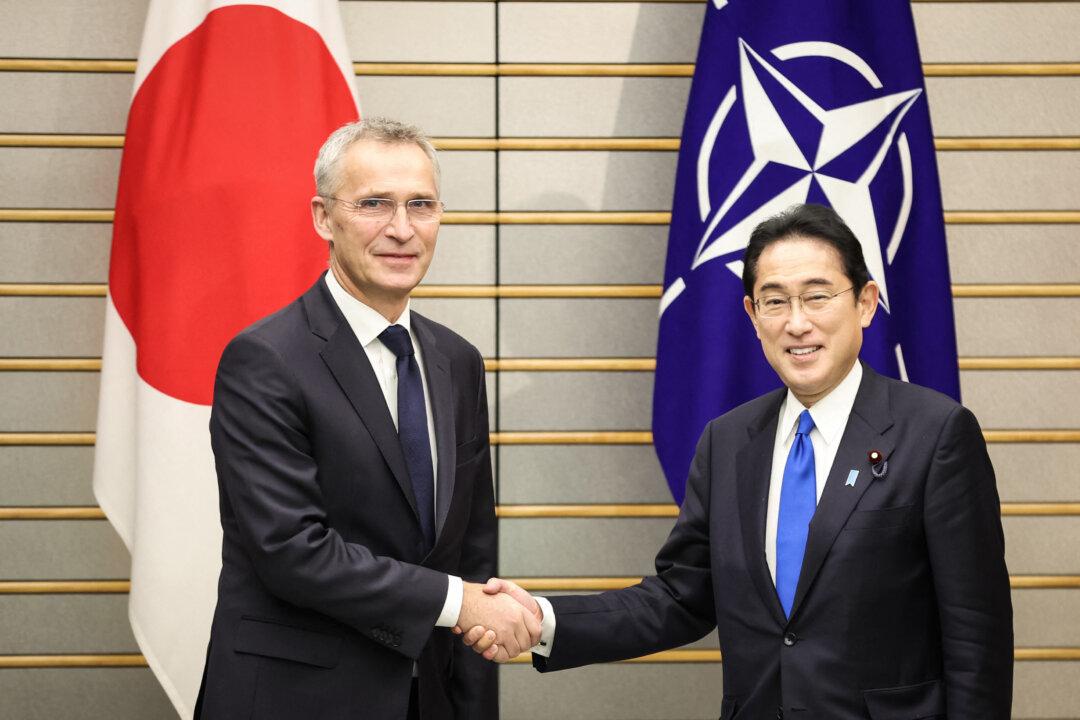News Analysis
In an era characterized by shifting global dynamics and the multifaceted threats presented by the Chinese Communist Party (CCP), NATO has intensified its engagement with Asia-Pacific nations. This strategic pivot emphasizes the alliance’s commitment to bolstering its influence within the Asia-Pacific, involving countries such as Japan, South Korea, Australia, and New Zealand. The latest testament to this endeavor is Japan’s invitation to join forces at this year’s U.S.-hosted summit, aimed at addressing the CCP’s strategic ambitions.





